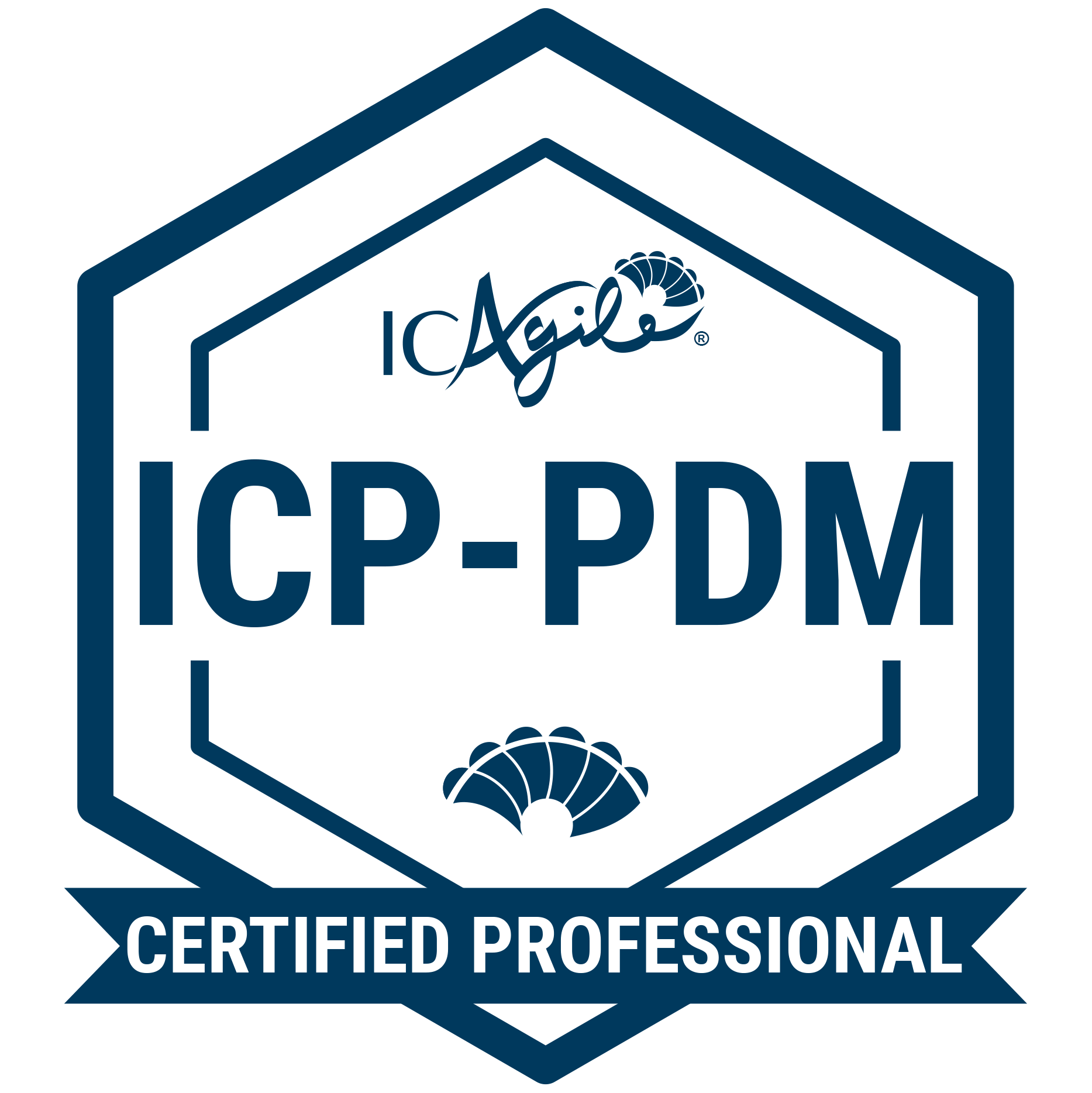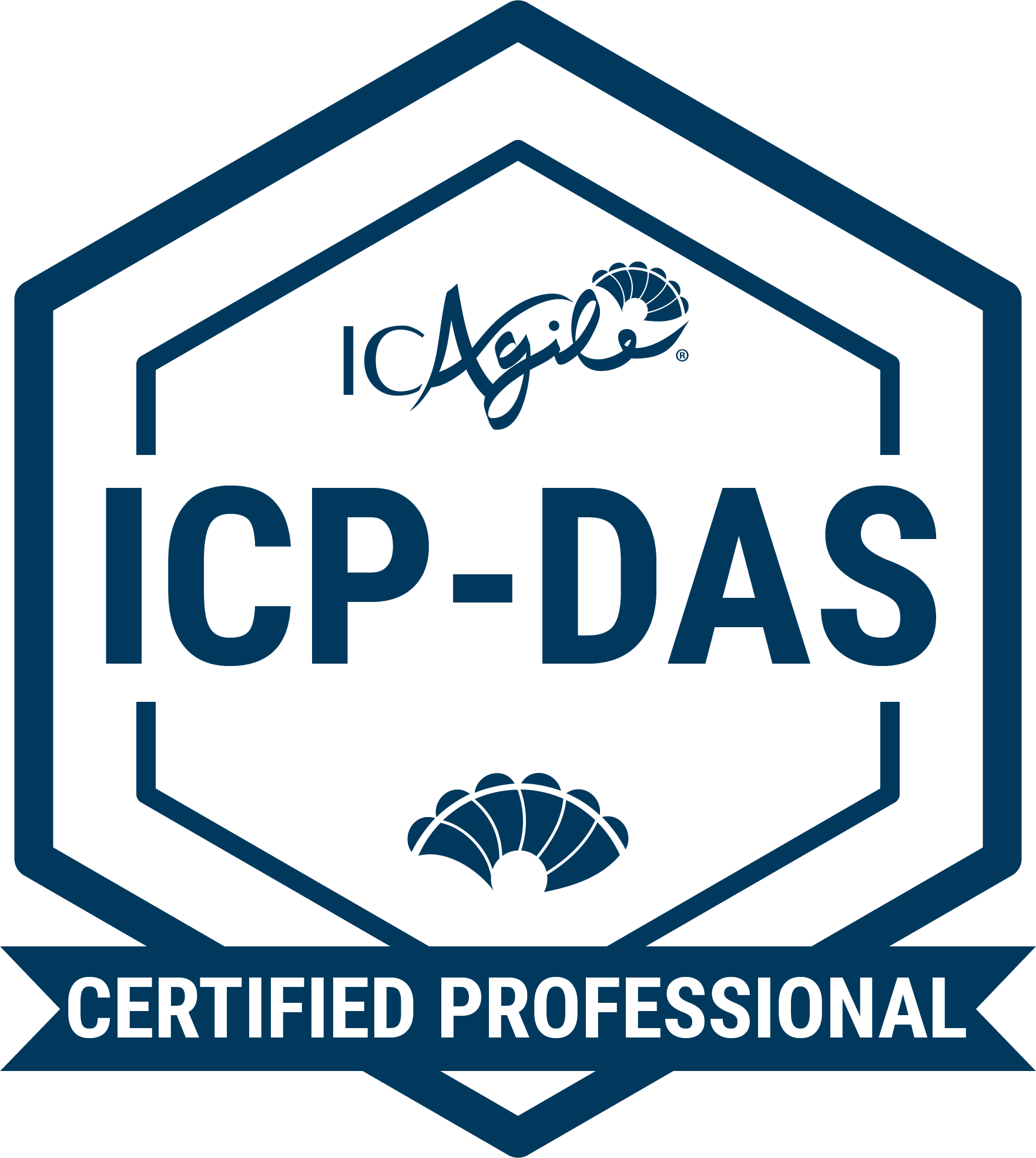Business analysis is the backbone of successful projects. It helps organizations identify their needs, solve problems, and make informed decisions.
As businesses strive to stay competitive and meet ever-evolving demands, the role of the business analyst becomes increasingly vital.
This role requires technical expertise, strategic thinking, and strong communication skills to bridge the gap between business needs and solutions.
Business analysis is a dynamic field in which best practices are continually refined to keep pace with changing trends and technologies.
Whether you're identifying new opportunities, solving complex problems, or ensuring that a project meets its objectives, the effectiveness of your approach can significantly impact the outcome.
In this blog, we’ll take a closer look at some of the most important practices that can help you excel in business analysis.

Looking to kickstart your career in business analysis? Enroll for ECBA which is ideal for beginners looking to start a career in business analysis.
Enroll Now!1. Communication is King
Effective communication is the cornerstone of successful business analysis. It’s not just about exchanging information; it’s about being clear, concise, and proactive in your interactions with stakeholders and team members. Strong communication skills ensure that everyone involved in a project is on the same page, reducing misunderstandings and fostering a collaborative environment.
2. Embrace Collaboration
Business analysis is far from a solo endeavor—it's a team sport. Collaboration is key to gaining diverse perspectives and fostering innovation. By working closely with stakeholders, subject matter experts, and development teams, you can ensure that all angles are considered, leading to more comprehensive and effective solutions.
3. User-Centricity: Focus on the End User
Never lose sight of the end user. Understanding user needs, preferences, and pain points is paramount in designing solutions that truly meet their needs. Empathize with your users and prioritize their experience to create value-driven solutions that resonate with your audience.
4. Leverage the Power of Data
Data is your most valuable ally in business analysis. By leveraging data analytics, you can uncover hidden patterns, trends, and insights that inform your recommendations. Data-driven decision-making not only enhances the accuracy of your analysis but also drives significant business value.
5. Commit to Continuous Learning
The world of business analysis is constantly evolving, and staying stagnant is not an option. Never stop learning. Stay curious, seek out new opportunities for growth, and invest in continuous learning and professional development. This commitment to ongoing education will keep you at the forefront of the field and ready to tackle any challenges that come your way.

Curious about how to gather the right project requirements? Read The Essential Guide to Requirement Elicitation in Business Analysis to learn more!
Learn Now!Conclusion
As we conclude this exploration of best practices and tips for success in business analysis, it’s clear that mastering this field requires a blend of skills, collaboration, and a commitment to continuous improvement.
Effective communication, a user-centric approach, leveraging data, and embracing collaboration are not just best practices—they are the pillars of success in business analysis.
Remember, the journey to excellence in business analysis is ongoing. Keep honing your skills, stay curious, and always strive for improvement. Your dedication to these practices will not only set you apart but will also ensure that you’re equipped to handle the complexities of any project you undertake.
Are you struggling to keep stakeholders satisfied in your Scrum projects?
Discover proven strategies to manage stakeholder expectations and ensure successful project outcomes. Read the blog to learn more!
Read More





























































































